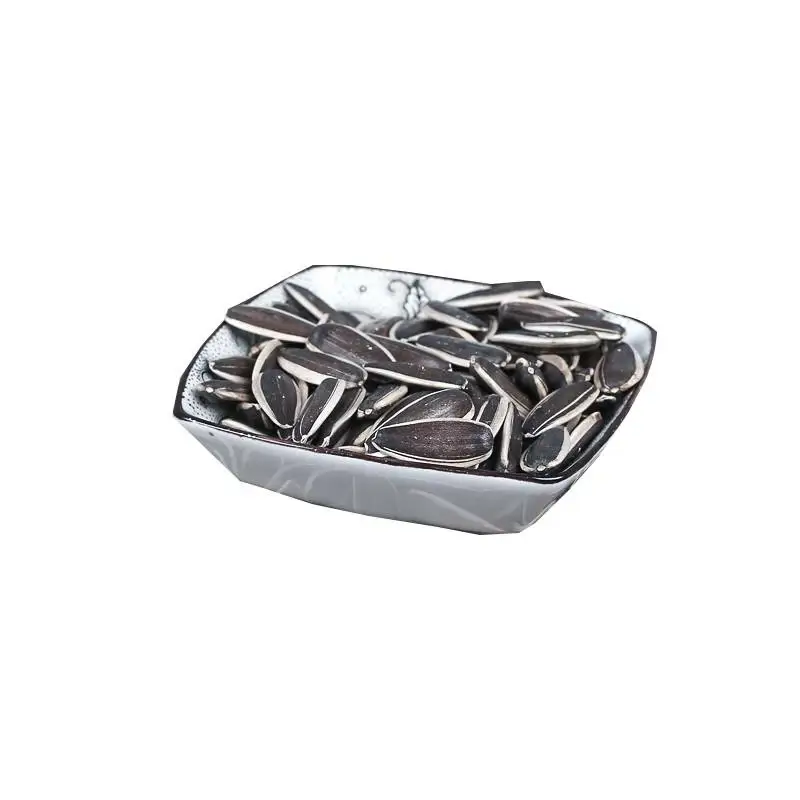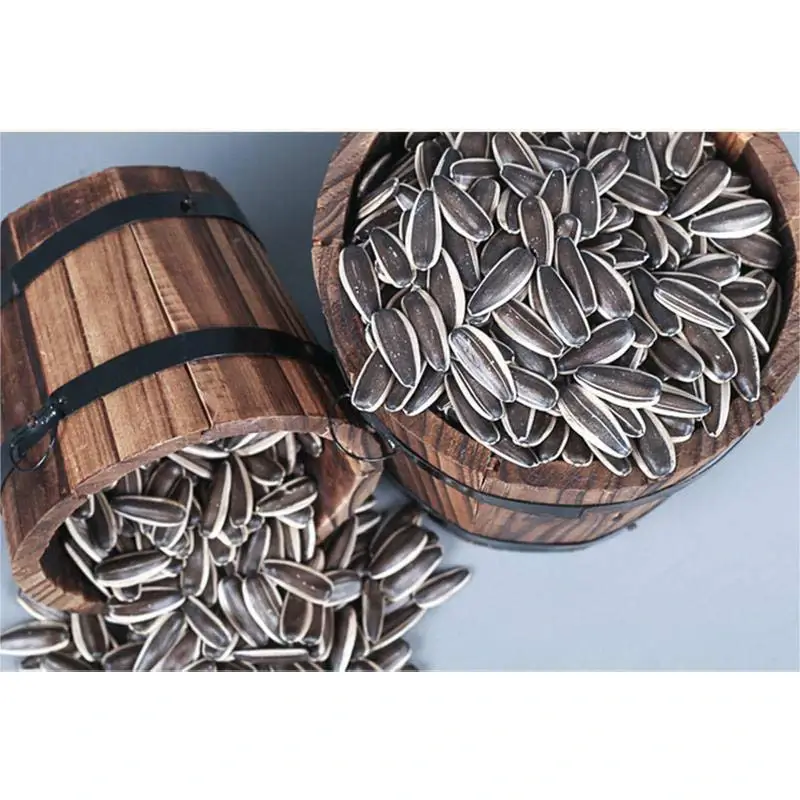-
 Afrikaans
Afrikaans -
 Albanian
Albanian -
 Amharic
Amharic -
 Arabic
Arabic -
 Armenian
Armenian -
 Azerbaijani
Azerbaijani -
 Basque
Basque -
 Belarusian
Belarusian -
 Bengali
Bengali -
 Bosnian
Bosnian -
 Bulgarian
Bulgarian -
 Catalan
Catalan -
 Cebuano
Cebuano -
 Corsican
Corsican -
 Croatian
Croatian -
 Czech
Czech -
 Danish
Danish -
 Dutch
Dutch -
 English
English -
 Esperanto
Esperanto -
 Estonian
Estonian -
 Finnish
Finnish -
 French
French -
 Frisian
Frisian -
 Galician
Galician -
 Georgian
Georgian -
 German
German -
 Greek
Greek -
 Gujarati
Gujarati -
 Haitian Creole
Haitian Creole -
 hausa
hausa -
 hawaiian
hawaiian -
 Hebrew
Hebrew -
 Hindi
Hindi -
 Miao
Miao -
 Hungarian
Hungarian -
 Icelandic
Icelandic -
 igbo
igbo -
 Indonesian
Indonesian -
 irish
irish -
 Italian
Italian -
 Japanese
Japanese -
 Javanese
Javanese -
 Kannada
Kannada -
 kazakh
kazakh -
 Khmer
Khmer -
 Rwandese
Rwandese -
 Korean
Korean -
 Kurdish
Kurdish -
 Kyrgyz
Kyrgyz -
 Lao
Lao -
 Latin
Latin -
 Latvian
Latvian -
 Lithuanian
Lithuanian -
 Luxembourgish
Luxembourgish -
 Macedonian
Macedonian -
 Malgashi
Malgashi -
 Malay
Malay -
 Malayalam
Malayalam -
 Maltese
Maltese -
 Maori
Maori -
 Marathi
Marathi -
 Mongolian
Mongolian -
 Myanmar
Myanmar -
 Nepali
Nepali -
 Norwegian
Norwegian -
 Norwegian
Norwegian -
 Occitan
Occitan -
 Pashto
Pashto -
 Persian
Persian -
 Polish
Polish -
 Portuguese
Portuguese -
 Punjabi
Punjabi -
 Romanian
Romanian -
 Russian
Russian -
 Samoan
Samoan -
 Scottish Gaelic
Scottish Gaelic -
 Serbian
Serbian -
 Sesotho
Sesotho -
 Shona
Shona -
 Sindhi
Sindhi -
 Sinhala
Sinhala -
 Slovak
Slovak -
 Slovenian
Slovenian -
 Somali
Somali -
 Spanish
Spanish -
 Sundanese
Sundanese -
 Swahili
Swahili -
 Swedish
Swedish -
 Tagalog
Tagalog -
 Tajik
Tajik -
 Tamil
Tamil -
 Tatar
Tatar -
 Telugu
Telugu -
 Thai
Thai -
 Turkish
Turkish -
 Turkmen
Turkmen -
 Ukrainian
Ukrainian -
 Urdu
Urdu -
 Uighur
Uighur -
 Uzbek
Uzbek -
 Vietnamese
Vietnamese -
 Welsh
Welsh -
 Bantu
Bantu -
 Yiddish
Yiddish -
 Yoruba
Yoruba -
 Zulu
Zulu
מאי . 08, 2025 11:30 Back to list
Premium Sunflower Seeds Bulk Wholesale & Global Export
- Introduction to sunflower seeds
as a versatile global commodity - Global market trends and data insights for sunflower seeds
- Technological advancements in sunflower seed processing
- Comparative analysis of leading sunflower seed manufacturers
- Customized solutions for bulk buyers and exporters
- Case studies: Successful applications across industries
- Sustainable practices in sunflower seed production

(sunflower seeds)
Sunflower Seeds: A Powerhouse of Nutrition and Industry
Sunflower seeds, derived from the vibrant Helianthus annuus plant, have evolved from agricultural staples to strategic commodities in global trade. As both a nutrient-dense food source and industrial raw material, these seeds are traded across 150+ countries, with annual production exceeding 50 million metric tons. The sector's 6.8% CAGR (2023-2030) reflects growing demand from food processors, biofuel producers, and animal feed manufacturers.
Market Dynamics and Production Statistics
The global sunflower seed market reached $46.2 billion in 2023, driven by:
- 38% increase in plant-based protein demand since 2020
- 12.7% annual growth in sunflower oil consumption
- 9 million hectares of new sunflower cultivation areas in Asia/Africa
Leading producers Ukraine (27% global output) and Russia (23%) now face competition from Argentina (18%) and China (12%), creating diversified sourcing opportunities.
Innovations in Processing Technology
Modern sunflower seeds on a sunflower manufacturers employ triple-phase cleaning systems achieving 99.97% purity levels. Key advancements include:
- AI-powered optical sorting (defect detection <0.2mm)
- Low-temperature pressing preserving 98% nutrients
- Blockchain traceability systems for batch tracking
These technologies enable compliance with FSSC 22000 and IFS Food 7 standards while reducing processing waste by 40%.
Manufacturer Capability Comparison
| Manufacturer | Annual Capacity | Certifications | Moisture Control | Customization |
|---|---|---|---|---|
| SunGold Industries | 250,000 MT | ISO 22000, NON-GMO | 8-9% | 25+ seed size options |
| AgriHarvest Co. | 180,000 MT | Kosher, Halal | 7-8% | Private labeling |
| GlobalSeed Exports | 300,000 MT | BRCGS AA Grade | 6-7% | Hybrid blends |
Tailored Export Solutions
For sunflower seeds in sunflower exporters, modular packaging systems accommodate quantities from 500g retail packs to 1MT bulk containers. Specialized services include:
- Seed coating for improved germination rates (85-92%)
- Custom oil content profiles (38-52%)
- Phytosanitary certification for 50+ countries
Export-ready processing minimizes customs delays, with 72-hour turnaround from order to shipment.
Industry Application Case Studies
Food Manufacturer: A European snack company achieved 15% cost reduction through direct partnerships with Ukrainian processors, implementing JIT delivery for 20-ton monthly orders.
Biofuel Producer: A Brazilian energy firm increased oil yield by 18% using high-oleic seeds from Argentina, reducing processing temperatures by 40°C.
Sustainable Sunflower Seed Production Practices
Leading sunflower seeds on a sunflower product suppliers now implement circular agriculture models. Water usage has decreased 35% through drip irrigation, while regenerative farming techniques improve soil organic matter by 1.2% annually. Certification programs like SAI Platform Silver Level now cover 62% of commercial sunflower crops.

(sunflower seeds)
FAQS on sunflower seeds
Q: What are the key features of high-quality sunflower seeds on a sunflower product?
A: High-quality sunflower seeds are plump, uniform in size, and free from cracks or discoloration. They should have a mild nutty flavor and meet food safety certifications for consumption.
Q: How do I verify the reliability of sunflower seeds on a sunflower manufacturers?
A: Check for certifications like ISO, HACCP, or GMP, and request product samples for quality testing. Review their production capacity and customer reviews to assess manufacturing credibility.
Q: What certifications are required for sunflower seeds in sunflower exporter shipments?
A: Exporters typically need phytosanitary certificates, ISO 22000 for food safety, and country-specific import permits. Proper packaging with moisture-proof materials is also mandatory for international shipping.
Q: Are roasted sunflower seeds considered a healthy snack option?
A: Yes, roasted sunflower seeds are rich in vitamin E, healthy fats, and protein. Opt for low-sodium or unsalted varieties to maximize nutritional benefits while moderating calorie intake.
Q: How can buyers contact bulk sunflower seeds in sunflower exporter companies?
A: Most exporters list contact details on B2B platforms like Alibaba or their official websites. Attend agricultural trade fairs or request quotes through verified supplier databases for direct communication.
-
Premium Bulk Sunflower Seeds Exporter - Global Supply & Value
NewsAug.10,2025
-
Crispy Prawn Crackers: Authentic & Flavorful Asian Snack
NewsAug.09,2025
-
Premium Roasted Melon Seeds: Healthy Snacking & Baking
NewsAug.07,2025
-
Savory Herbal Walnuts | Nutrient-Rich Brain Food
NewsAug.06,2025
-
Premium Bulk Sunflower Seeds Exporter | Wholesale Deals
NewsAug.05,2025
-
Premium Milk Flavored Melon Seeds 250g - Crunchy & Healthy Snack
NewsAug.02,2025
